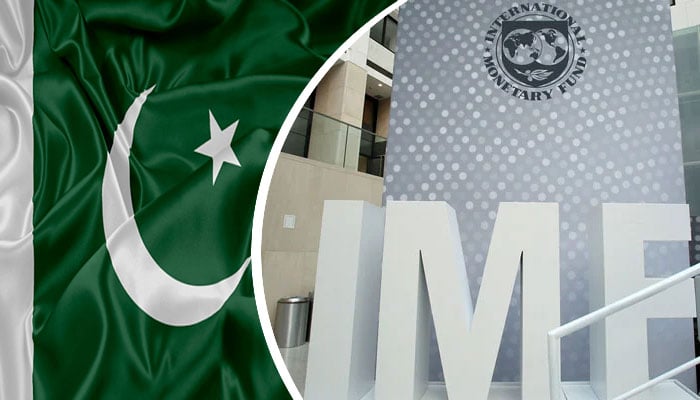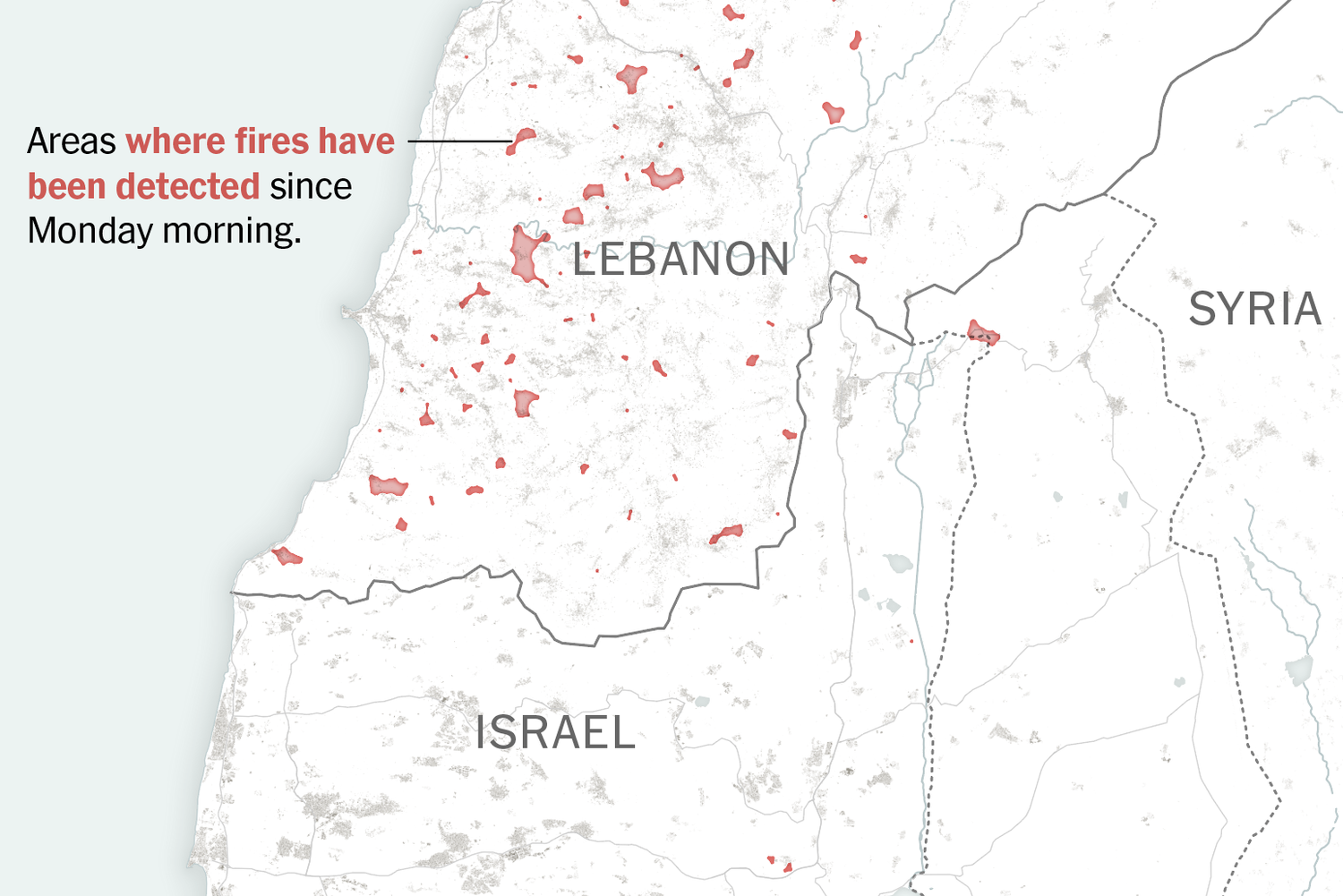The International Monetary Fund (IMF) has called on the Pakistani government to reduce state involvement in the economy and boost competition to foster a more dynamic private sector. The IMF emphasized the need for urgent structural reforms, particularly in the energy sector, describing these changes as crucial to ensuring the sector’s long-term sustainability.
Nathan Porter, the IMF mission chief, made these comments following a visit to Pakistan from November 12 to 15, 2024. In a statement released by the Washington-based lender, Porter highlighted the importance of continued fiscal and monetary discipline, as well as the need to mobilize additional tax revenue by tapping into previously untapped sources. He also underscored the necessity of shifting more social and developmental responsibilities to Pakistan’s provincial governments.
“Structural energy reforms and efforts to reduce state intervention in the economy are essential to restore the viability of key sectors,” Porter said. “By enhancing competition, Pakistan can create a more conducive environment for the growth of a dynamic private sector, which is key to sustainable economic development.”
The IMF mission’s visit aimed to review Pakistan’s economic performance under the Extended Fund Facility (EFF) program and discuss key reform efforts. During the visit, the IMF delegation met with senior government officials from both federal and provincial levels, representatives from the State Bank of Pakistan (SBP), and members of the private sector.
Porter expressed optimism about the commitment of Pakistan’s authorities to continue with the reforms necessary for economic recovery. He stated that strong implementation of these reforms could significantly improve living standards and foster more inclusive growth across the country. “We are encouraged by the authorities’ reaffirmed commitment to the economic reforms supported by the 2024 EFF,” he said, adding that the first review of the EFF program is expected to take place in early 2025.
On the final day of the mission, IMF officials held crucial meetings with representatives of the federal and provincial governments, focusing on the progress of key economic targets. According to sources, the IMF stressed the importance of meeting tax collection targets, with particular attention on achieving the Rs12,970 billion revenue target for the current fiscal year. The IMF also urged the Pakistani government to begin collecting taxes on agricultural income starting January 2025.
Furthermore, the IMF advised Pakistan to strengthen its capacity for macro-fiscal forecasting at the Finance Division to better coordinate budget preparation. This includes increasing the frequency of budget forecasts and aligning them with the national budget cycle.
The IMF also recommended that Pakistan initiate legal changes to limit the discretionary powers of the federal government over supplementary grants, while still allowing for flexibility in budget execution.
The IMF’s staff visits are a routine part of the program review process for countries participating in semi-annual reviews under the EFF. These visits serve to engage with government officials, monitor the status of planned reforms, and assess the country’s economic trajectory.
















